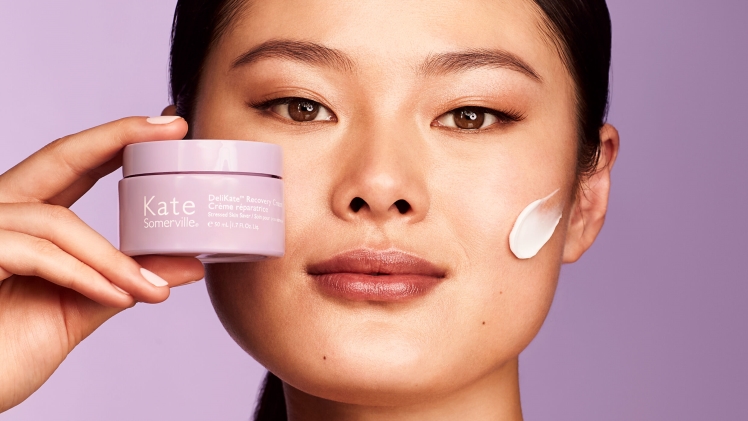Introduction:
Dry skin can be a source of discomfort and frustration, but what do you do when you’re moisturizing diligently, and your skin remains persistently dry? It’s a common dilemma for many people who long for soft, supple skin. In this article, we will delve into the complex world of skin hydration and explore the reasons why your skin might still be dry despite your best efforts to moisturize.
The Skin Barrier and Hydration:
Before we address the issue of persistent dry skin, it’s crucial to understand the skin’s natural mechanisms for retaining moisture. The outermost layer of your skin, the stratum corneum, acts as a protective barrier. It’s composed of skin cells and lipids that help seal in moisture and prevent external irritants from entering.
In healthy skin, this barrier functions efficiently, keeping the skin adequately hydrated. However, multiple internal and external factors can disrupt this delicate balance, leading to dry skin.
Common Causes of Persistent Dry Skin:
One of the primary reasons for dry skin, even when moisturizing, is dehydration. If your body is not adequately hydrated, it will prioritize internal organs over the skin, leaving your skin thirsty for moisture.
Overwashing and Harsh Soaps:
Frequent washing with hot water and harsh soaps can strip your skin of its natural oils, leading to dryness. Even though moisturizing helps, it may not fully counteract the effects of excessive washing.
Hot Showers:
Hot showers may feel relaxing, but they can be detrimental to your skin. Prolonged exposure to hot water can disrupt your skin’s barrier and lead to dryness.
Dry, low-humidity environments can draw moisture from your skin. This can be particularly problematic in cold winter months or in regions with arid climates.
Skin conditions like eczema or psoriasis can impair your skin’s ability to retain moisture. In these cases, moisturizing alone may not be sufficient, and specific treatments may be needed.
As you age, your skin naturally produces fewer oils, making it more susceptible to dryness. Moisturizers can help, but they may not fully restore youthful skin.
The moisturizer you’re using may not be suitable for your skin type or the specific concerns you have. Some moisturizers may not effectively penetrate the skin barrier, leaving the surface hydrated but not addressing deeper moisture loss.
Allergies and Sensitivities:
Allergens or irritants in your skincare products or laundry detergents can lead to skin dryness, especially if you have sensitivities.
Solutions for Persistent Dry Skin:
Ensure you are drinking enough water throughout the day to maintain overall body hydration, which will benefit your skin.
Use mild, fragrance-free cleansers that won’t strip your skin of natural oils. Limit hot showers and opt for lukewarm water.
Moisturize immediately after bathing while your skin is still damp. Look for moisturizers containing ingredients like hyaluronic acid and ceramides, which help lock in moisture.
In dry environments or during the winter, using a humidifier in your home can help maintain optimal humidity levels and prevent your skin from drying out.
Moisturize Adequately:
Choose a moisturizer that matches your skin type and concerns. For extremely dry skin, consider richer, oil-based moisturizers.
Use hypoallergenic or fragrance-free products to minimize the risk of allergic reactions and sensitivities.
Shield your skin from harsh weather conditions, such as cold wind and extreme sun exposure, with appropriate clothing and sunblock.
When to Seek Professional Help:
If your dry skin is severe, painful, or persistent, it’s advisable to consult a dermatologist or healthcare professional. They can assess your skin condition, identify underlying issues, and provide specific treatments or prescriptions to address your concerns.
Conclusion:
Persistent dry skin, despite regular moisturizing, can be a challenging issue. However, with the right understanding and a few adjustments to your skincare routine and lifestyle, you can help your skin regain its natural moisture balance. Remember that finding the most effective solution may require some trial and error, so don’t hesitate to seek professional guidance if your dry skin remains a concern. Your skin’s health and comfort are worth the effort and care you invest in them.

